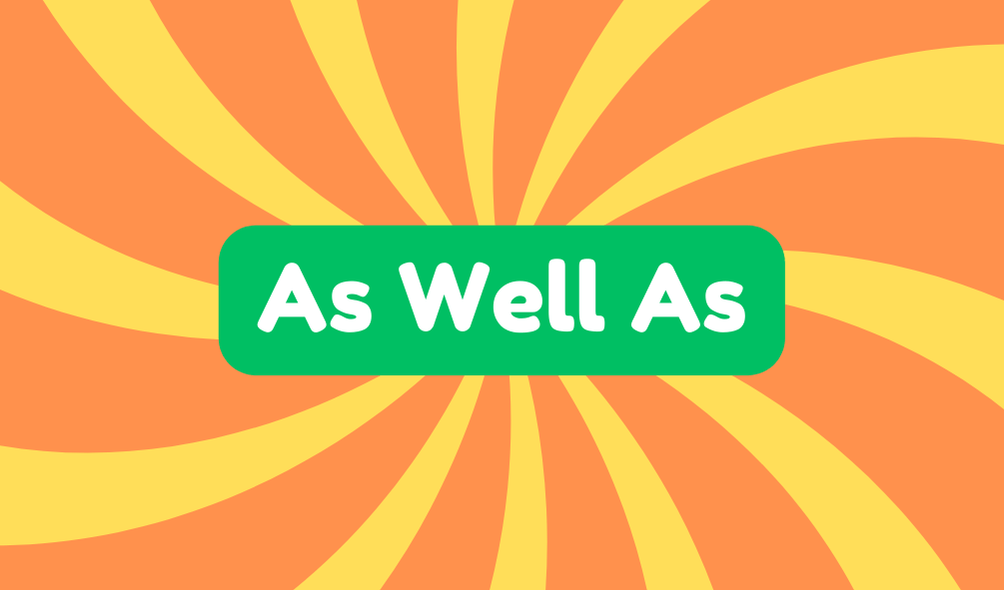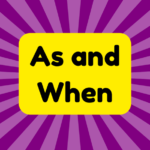The phrase "as well as" is used to connect ideas effectively, enhancing clarity in communication. Its origin is difficult to trace, suggesting a complex history in the English language. Common synonyms include "additionally" and "in addition to," though each carries distinct nuances. Examples include sentences like "She excels in science as well as mathematics." Understanding its function can lead to richer discussions and offer insight into its continued relevance in modern language. More details await exploration.
Synonyms
When exploring synonyms for the phrase "as well as," it becomes evident that language offers a variety of alternatives that can enrich one's writing. However, the choice of alternative phrases should be deliberate, as context greatly influences effectiveness. Here are notable substitutes that serve different usage scenarios:
- Additionally
- In addition to
- Over and above
- Plus
- In continuation with
Using these alternative phrases can add sophistication to writing. Yet, one must remember that each synonym carries its own nuances and implications, urging careful consideration to achieve clarity and resonance in communication—a key factor in effective expression.
Example of Sentences
Examples of sentences that incorporate the phrase "as well as" often reveal its versatility in various contexts. This phrase can enhance communication, yet its usage may sometimes confuse writers. Considering the following usage examples can clarify its application:
- The coffee as well as the tea was served at the meeting.
- She excels in science as well as mathematics.
- The project requires creativity as well as technical skills.
- Winter clothing is essential as well as enjoyable.
- Learning languages enriches travel as well as personal growth.
Incorporating these grammar tips can help writers effectively integrate "as well as" to convey additional information clearly.
Origin
The origin of the phrase "as well as" remains unclear, presenting a challenge for those interested in its historical development. Its usage offers hints at its historical significance, but concrete roots elude scholars. Delving into its usage context reveals a pattern of evolution in English, where it aligns more with the complexities of modern communication.
| Language Element | Example Usage | Historical Context |
|---|---|---|
| Phrase | "As well as" | Used in various texts |
| Synonym | "In addition to" | Evolved over centuries |
| Significance | Connective function | Links ideas effectively |
Collocations
Collocations play an essential role in understanding how language works, particularly phrases like "as well as." This specific collocation serves not just as a connector of ideas but also reflects how thoughts are constructed in English. Recognizing common phrases, such as "collocations examples," helps learners navigate language with more precision.
- Enhances vocabulary
- Strengthens writing skills
- Aids in fluency
- Reflects cultural nuances
- Connects ideas effectively
Understanding these aspects is vital, as many may overlook the significance of collocations, dismissing them as mere phrases. In reality, they are building blocks essential for mastering the complexities of English language communication.
How to Use in Everyday Language
Using phrases like "as well as" in everyday language can enhance communication, yet many individuals misuse or underutilize this expression. It serves a significant role in linking ideas, yet its common usage often falls short, leading to unclear messages. For instance, instead of saying "The book and the movie," one could say, "The book as well as the movie," which clarifies both elements' importance. To innovate communication, individuals should integrate such concise everyday phrases into their vocabulary, thereby enriching their discussions. Ultimately, understanding how to harness "as well as" can elevate conversations, making them more nuanced and engaging for all parties involved.
Why Is It Still Relevant Today?
Why does the phrase "as well as" continue to hold significance in today's communication? In an era of language evolution, this phrase endures in contemporary usage due to its ability to connect ideas seamlessly. Its utility in clarifying relationships, whether in casual discussions or formal writing, underscores its relevance. As society embraces more complex thoughts and ideas, the phrase provides a streamlined method for incorporating additional information without overwhelming the reader. Critics might argue that simpler alternatives exist, yet "as well as" distinguishes itself by enhancing nuance, making it a staple in effective communication as language continually transforms.







